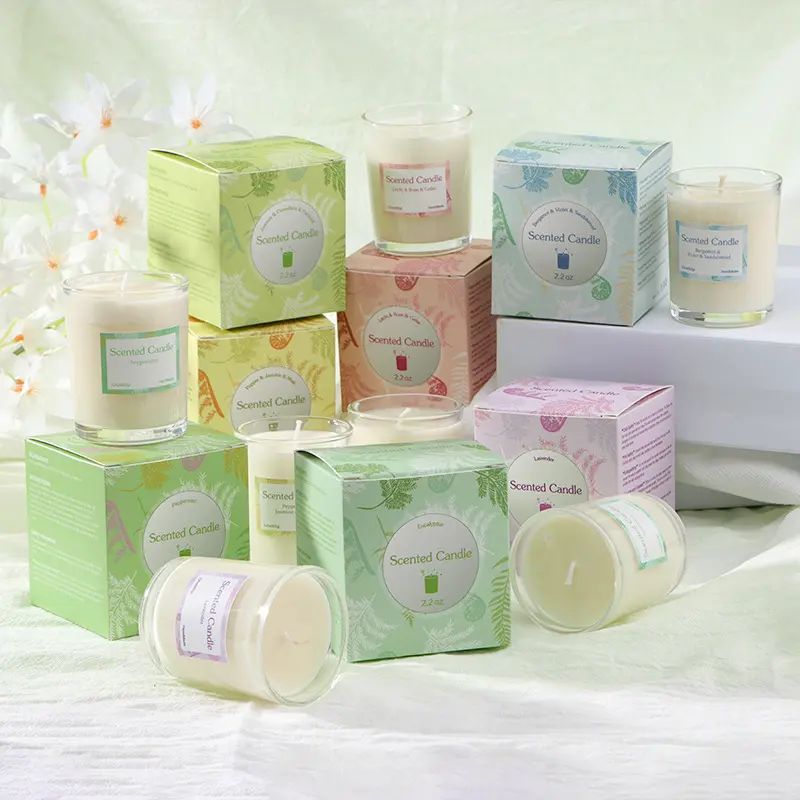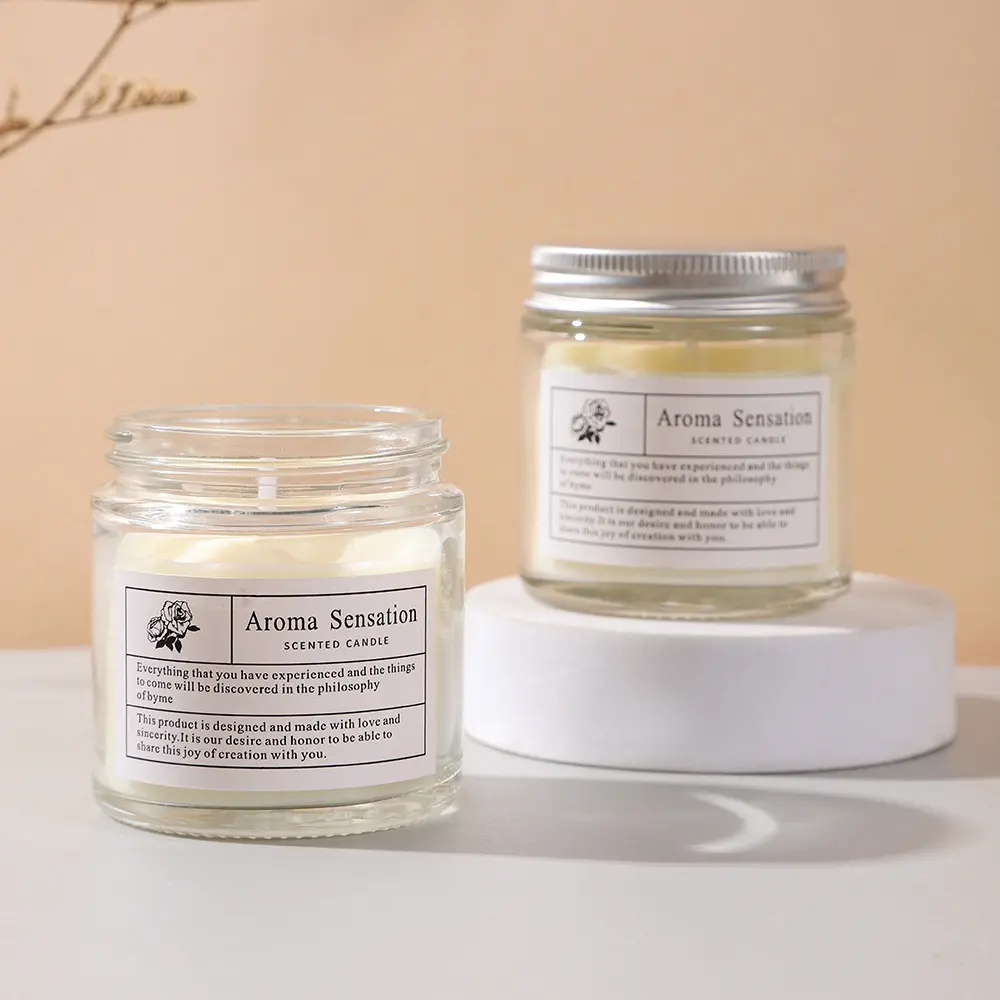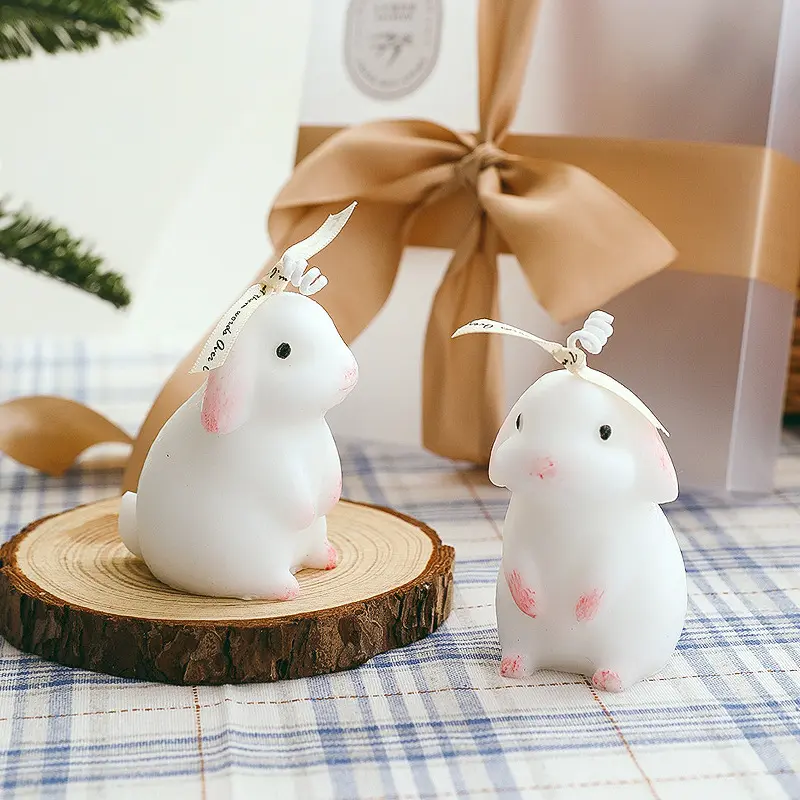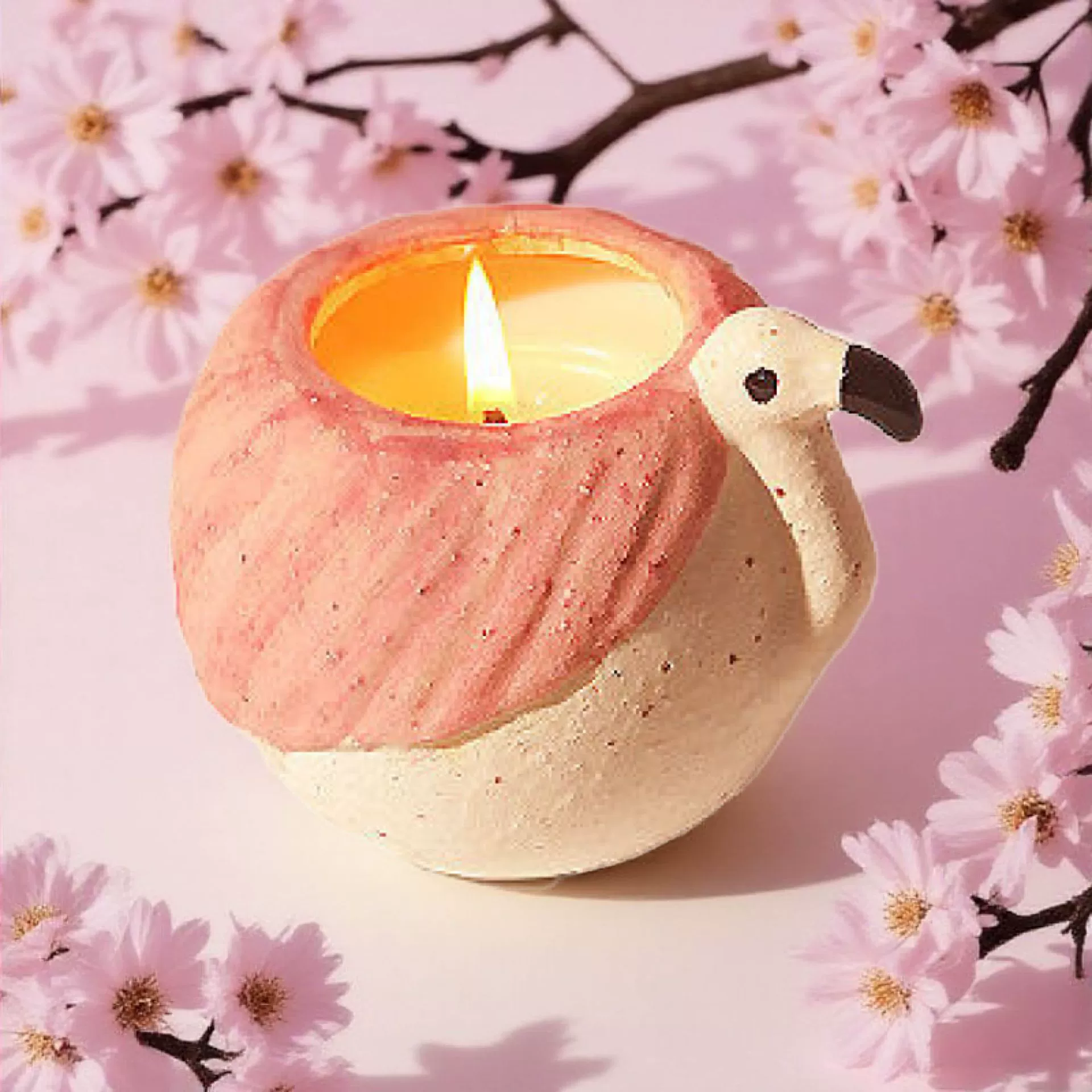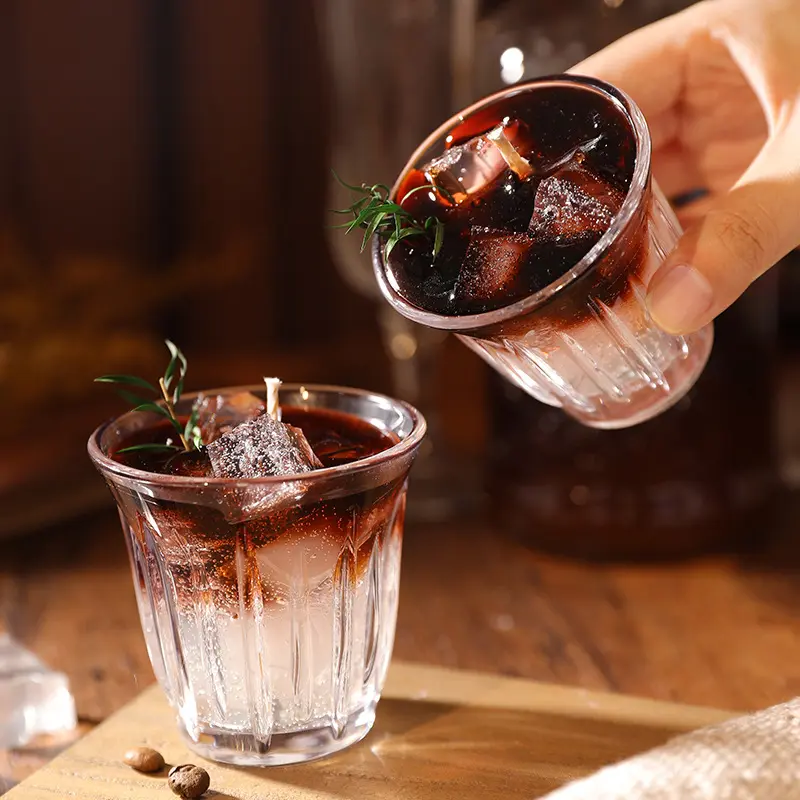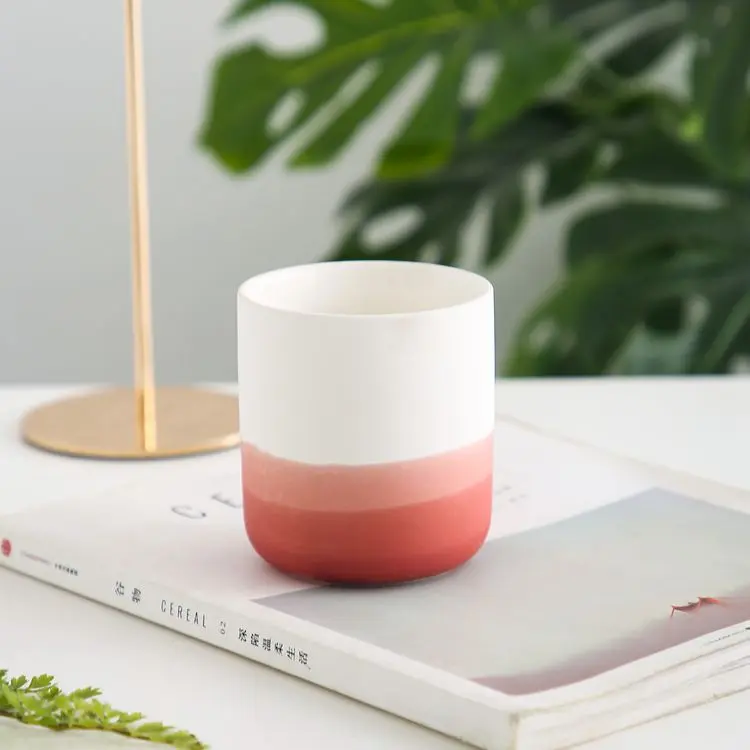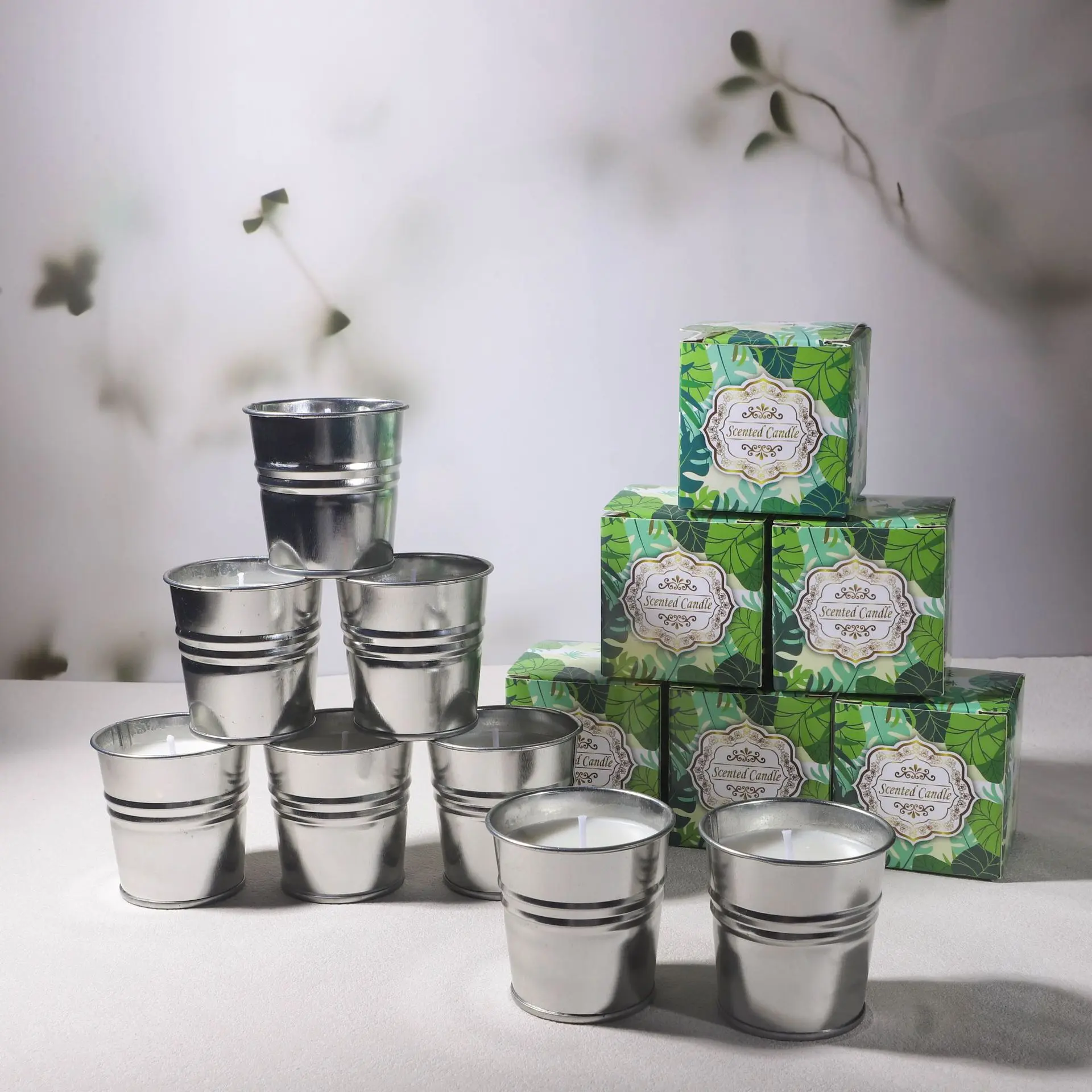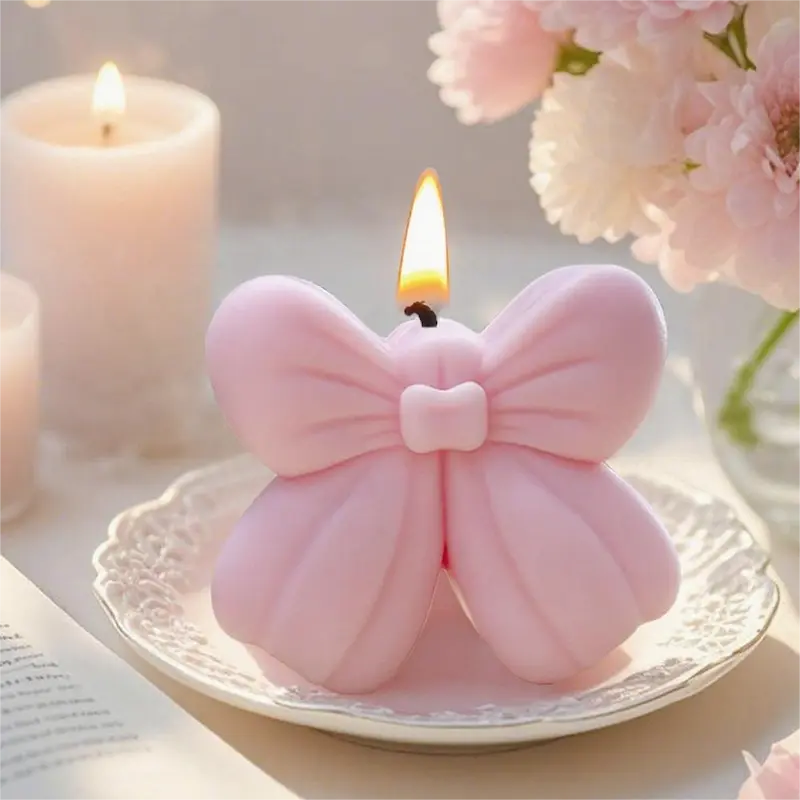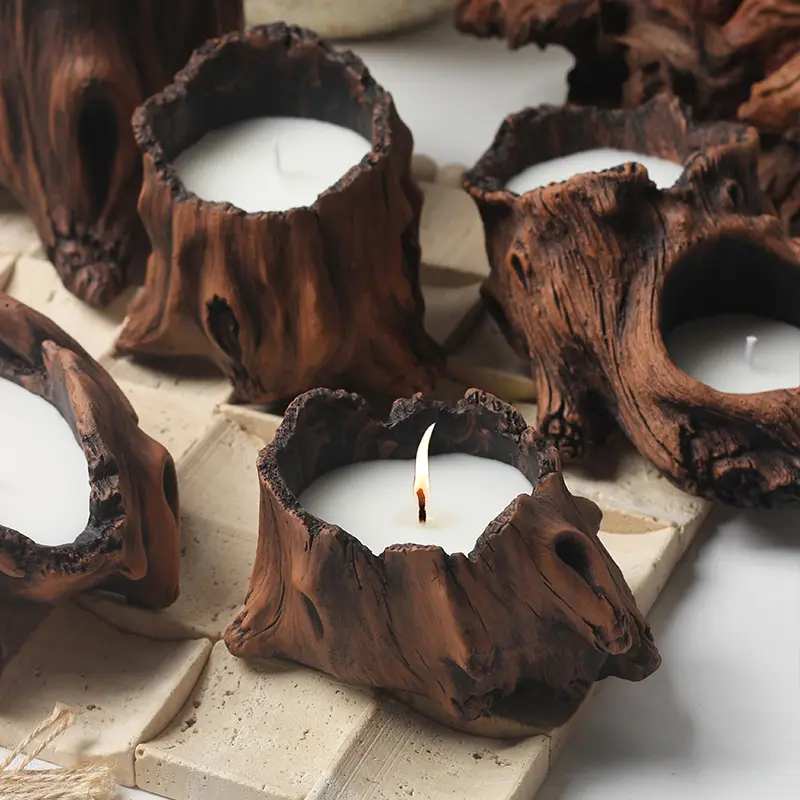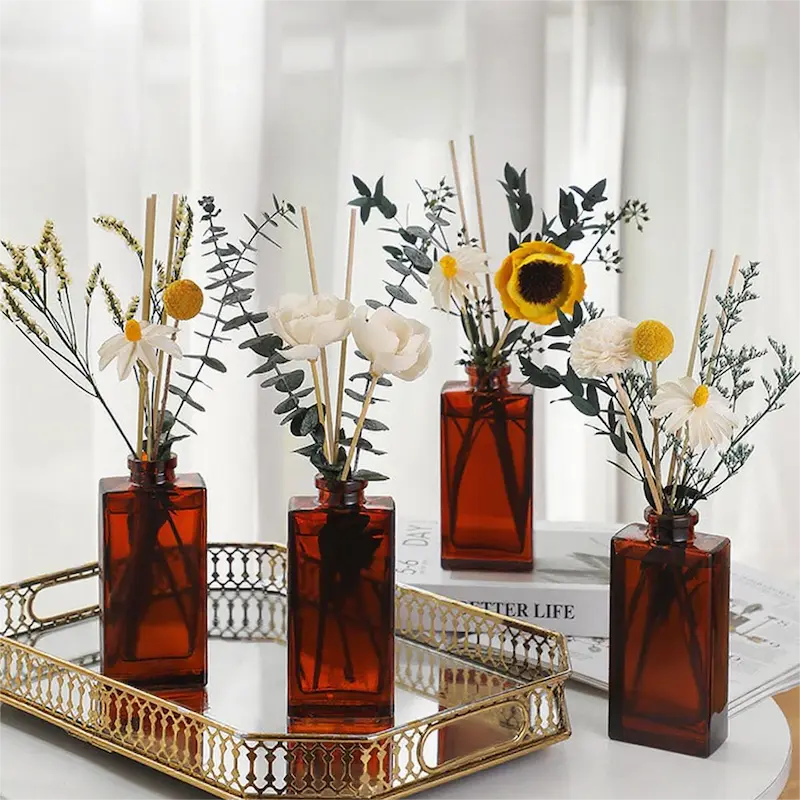Introduction: Why Candle Scent Longevity Matters
The scent of a candle defines its atmosphere — it’s what transforms a space from ordinary to warm, relaxing, and memorable. However, one common frustration among candle lovers and makers alike is how quickly a candle’s scent fades.
Ensuring that your candle’s fragrance remains strong from the first burn to the last is both an art and a science. This guide explores proven techniques, scientific research, and practical manufacturing insights on how to make candle scent last longer — backed by real data and expert knowledge from the candle-making industry.
Understanding Scent Throw: The Science Behind Candle Fragrance
Candle scent longevity is influenced by two critical factors:
Cold Throw: The fragrance released when the candle is unlit.
Hot Throw: The fragrance diffusion while the candle is burning.
According to a 2023 study from the Journal of Cosmetic Science, the volatility of fragrance molecules and the interaction between wax and fragrance oil largely determine how effectively scent diffuses and persists in air.
| Factor | Effect on Scent Longevity | Scientific Explanation |
|---|---|---|
| Wax Type | High impact | Affects oil retention and release rate |
| Fragrance Load Percentage | Moderate to high | More fragrance improves scent intensity, but too much destabilizes burn |
| Wick Type & Size | Moderate | Influences burn temperature and diffusion |
| Additives & Fixatives | Moderate | Can slow down evaporation of fragrance molecules |
| Storage & Environment | Moderate | Heat and light degrade fragrance compounds |
The selection of wax models and the control of the amount of fragrance used directly affect the final fragrance of scented candles and are the core and key steps.
Wax Type: The Foundation of Long-Lasting Candle Scent
The type of wax used plays a vital role in how long a candle retains and releases scent.
Comparison of Common Candle Waxes
| Wax Type | Fragrance Retention (%) | Burn Time (hrs/100g) | Melting Point (°C) | Overall Scent Longevity |
|---|---|---|---|---|
| Soy Wax | 92–95% | 6–8 | 49–55 | Excellent |
| Paraffin Wax | 85–88% | 5–6 | 46–68 | Good |
| Coconut Wax | 90–93% | 7–8 | 38–45 | Very Good |
| Beeswax | 80–83% | 8–10 | 62–64 | Moderate |
| Palm Wax | 85–87% | 6–7 | 52–58 | Good |
Research Insight:
A 2022 comparative analysis by Materials Chemistry Reports found that soy wax retains up to 10% more fragrance oil post-cooling than paraffin or palm wax, due to its triglyceride structure that binds volatile aroma molecules more effectively.
Practical Tip:
Use 100% natural soy wax or a soy-coconut blend for optimal fragrance retention and a cleaner burn.
To learn about some long-lasting scented candles, please see: Best 20 long-lasting scented candles
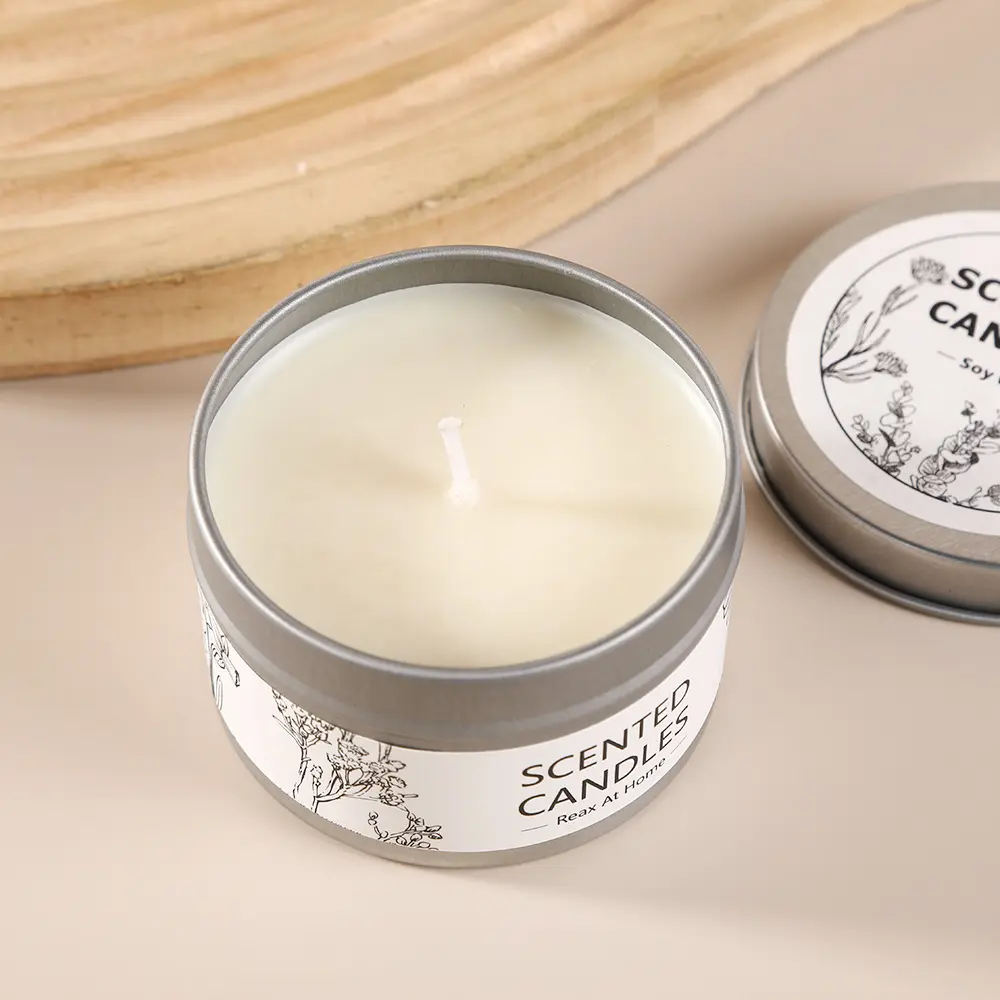
Fragrance Oil Quality and Load Percentage
Optimal Fragrance Load
The fragrance load refers to how much fragrance oil is mixed with wax, usually expressed as a percentage of the wax weight.
| Fragrance Load (%) | Scent Throw Quality | Recommended For |
|---|---|---|
| 3–5% | Subtle | Small rooms, light scents |
| 6–8% | Balanced | General home use |
| 9–12% | Strong | Large rooms, premium candles |
Key Finding:
According to industry data from Candle Science Institute (2023), soy wax can absorb up to 10% fragrance load effectively, while paraffin can hold slightly more (up to 12%), though with faster evaporation rates.
Tip:
Overloading fragrance oil (>12%) may cause oil leakage, uneven burning, and poor wick performance. Always perform small-batch testing to find the ideal balance.
Wick Selection: The Gatekeeper of Scent Throw
The wick controls how heat is distributed, which in turn determines how fragrance is released. An undersized wick may produce weak scent throw, while an oversized wick burns too hot and evaporates fragrance too quickly.
| Wick Type | Burn Temperature | Best for Wax Type | Scent Throw Effect |
|---|---|---|---|
| Cotton Wick | Medium | Soy, Coconut | Even burn, good scent throw |
| Wooden Wick | Low–Medium | Soy, Paraffin | Smooth burn, soft diffusion |
| Core Wick (Paper/Zinc) | High | Paraffin, Palm | Strong hot throw but faster fragrance loss |
Pro Tip:
For soy candles, use a natural cotton wick sized for consistent melt pool coverage without overheating. This ensures steady scent diffusion and maximizes candle life.
To learn about soy candle flavoring guidelines, please see: Soy candle flavoring guide and related notes-candle maker must know!
Temperature Control in Candle Making
Fragrance molecules are heat-sensitive. Poor temperature control during production can cause fragrance oil to evaporate or degrade before solidification.
| Stage | Recommended Temperature (°C) | Purpose |
|---|---|---|
| Wax Melting | 70–80 | Ensure complete liquefaction |
| Fragrance Addition | 60–65 | Prevent volatilization |
| Pouring Temperature | 50–55 | Achieve smooth surface and proper scent binding |
Research Data:
A study from Candle Performance Review 2024 revealed that candles poured above 70°C lose up to 30% of fragrance strength before cooling, while those poured at 55°C retain over 90% of original scent intensity.
Use of Additives and Natural Fixatives
Adding fixatives helps anchor volatile fragrance compounds, making the scent last longer both cold and hot.
| Natural Fixative | Function | Recommended Amount (%) |
|---|---|---|
| Beeswax | Slows down fragrance evaporation | 5–10% |
| Stearic Acid | Improves scent throw stability | 3–5% |
| Vybar 260 | Enhances oil binding | 0.5–1% |
| Kaolin Clay | Improves cold throw | 1–2% |
| Essential Oil Blends | Deepens fragrance profile | Variable |
Tip:
Avoid synthetic fixatives that can alter the fragrance character. Instead, combine beeswax or Vybar for a more natural and stable scent release.
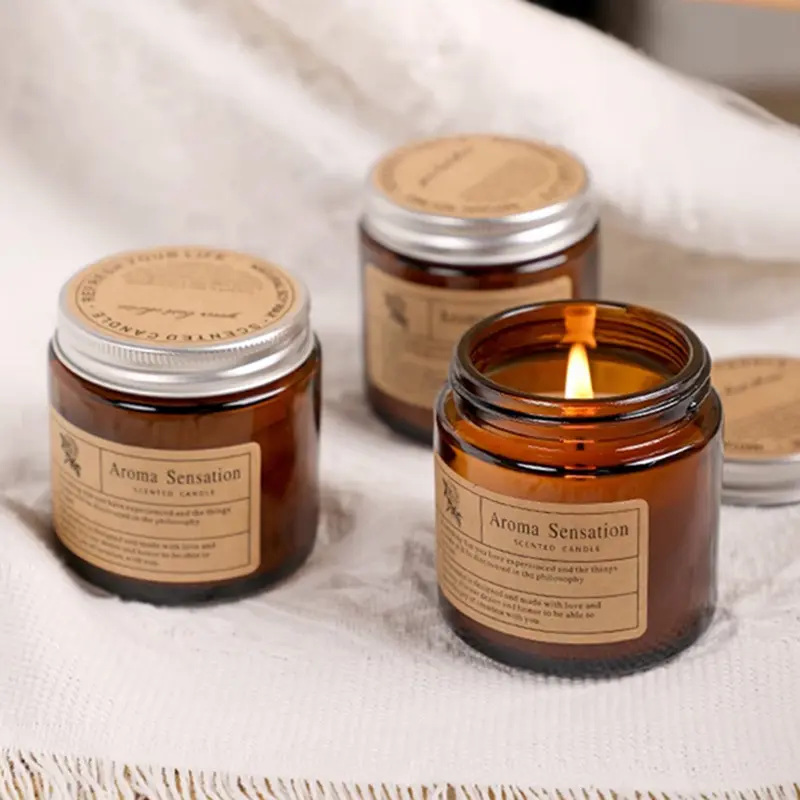
Environmental Factors: Storage and Burning Conditions
Even the best-made candles can lose fragrance if stored or burned improperly.
| Condition | Effect on Scent Longevity | Best Practice |
|---|---|---|
| Sunlight exposure | Accelerates oxidation | Store in cool, dark places |
| Humidity | Affects wax integrity | Keep below 60% RH |
| Drafty environments | Uneven burn, weak scent | Burn in closed, ventilated spaces |
| Container sealing | Preserves cold throw | Use tight-fitting lids |
Tip for Consumers:
Store candles in sealed jars or airtight packaging to maintain cold throw for longer periods. Avoid keeping candles near radiators or direct sunlight.
To learn how to store scented candles, please see: Do you know the correct way to store scented candles?
Burn Practices to Maximize Scent Duration
Burning a candle properly is just as important as how it’s made.
Candle Burning Best Practices
| Tip | Benefit |
|---|---|
| Trim wick to ¼ inch before lighting | Prevents soot and overheating |
| Allow full melt pool (2–3 hours) | Ensures even fragrance diffusion |
| Avoid burning >4 hours | Prevents oil burnout |
| Use candle lid after extinguishing | Locks in residual scent |
Expert Insight:
Regular trimming and full melt pools can increase scent lifespan by up to 25%, according to consumer testing conducted by Home Fragrance Research Group (2023).
Common Mistakes That Shorten Candle Scent Life
Using low-quality fragrance oils with poor volatility profiles.
Overheating wax during mixing or pouring.
Using mismatched wick size.
Storing candles in hot, humid places.
Burning candles in drafty or overly large rooms.
Avoiding these mistakes can dramatically extend both cold and hot scent throw, leading to a richer sensory experience.
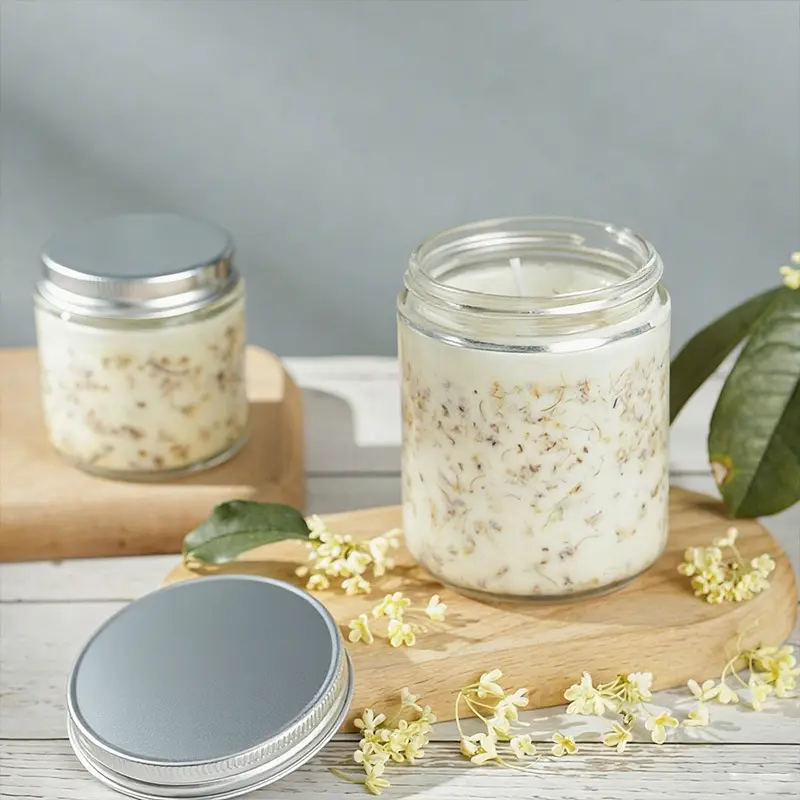
Combining Science and Art for Long-Lasting Candle Fragrance
Creating a candle that smells divine from start to finish requires a balanced approach — quality materials, scientific formulation, and proper craftsmanship.
From selecting natural wax and premium fragrance oils to using the right wick and temperature control, each step contributes to maximizing scent longevity.
Modern candle manufacturers now use fragrance diffusion modeling and controlled cooling technologies to improve scent retention by up to 40% over conventional methods (based on 2024 manufacturing benchmarks from Asia Fragrance Council).
Your Trusted Candle Manufacturing Partner — CAIFEDE
If you’re looking for long-lasting scented candles that combine science, artistry, and luxury, CAIFEDE is your ideal partner.
About CAIFEDE
Founded in Qingdao, China, CAIFEDE specializes in high-quality home fragrance products designed to create a warm and relaxing atmosphere. Our diverse product range includes:
Scented candles (soy wax, glass jar, ceramic, tin, tea light, pillar)
Candle holders in customizable finishes and sizes
Reed diffusers and room sprays with long-lasting fragrance diffusion
We use 100% natural soy wax and natural cotton wicks, ensuring clean burns and sustainable quality. Partnering with top fragrance houses such as Mane, Symrise, and IFF, we offer custom fragrance development to meet your exclusive brand identity.
View related products:
Hot sale customized 250g 100% natural soy wax scented glass candles
8*9cm customized scented hand poured soy wax candles France
CAIFEDE’s OEM/ODM services are designed for professional buyers and brands. Our experienced design team helps create customized packaging, fragrance blends, and jar finishes — all under strict quality inspection systems and in-house laboratory testing.
| Cooperation Details | Specification |
|---|---|
| MOQ | 1,000–1,500 pieces |
| Delivery Time | 45–60 days after sample approval |
| Packaging Options | White boxes, PVC boxes, cartons, or customized |
| Design Support | Full OEM/ODM with professional designers |
| Fragrance Partners | Mane, Symrise, IFF |
With innovation, exploration, and premium craftsmanship as our core values, CAIFEDE continues to lead the industry in creating scented candles that last longer and perform better.
We look forward to collaborating with you to create your exclusive fragrance world. For bulk orders or brand customization, please feel free to contact CAIFEDE today.
Conclusion
Making candle scent last longer is a blend of science, technique, and creativity. From wax choice and fragrance load to wick size and storage conditions, each factor plays a crucial role.
For individuals and brands seeking expertly crafted, long-lasting scented candles, CAIFEDE stands as a trusted manufacturer and innovator — delivering not just fragrance, but a sensory experience that endures.
